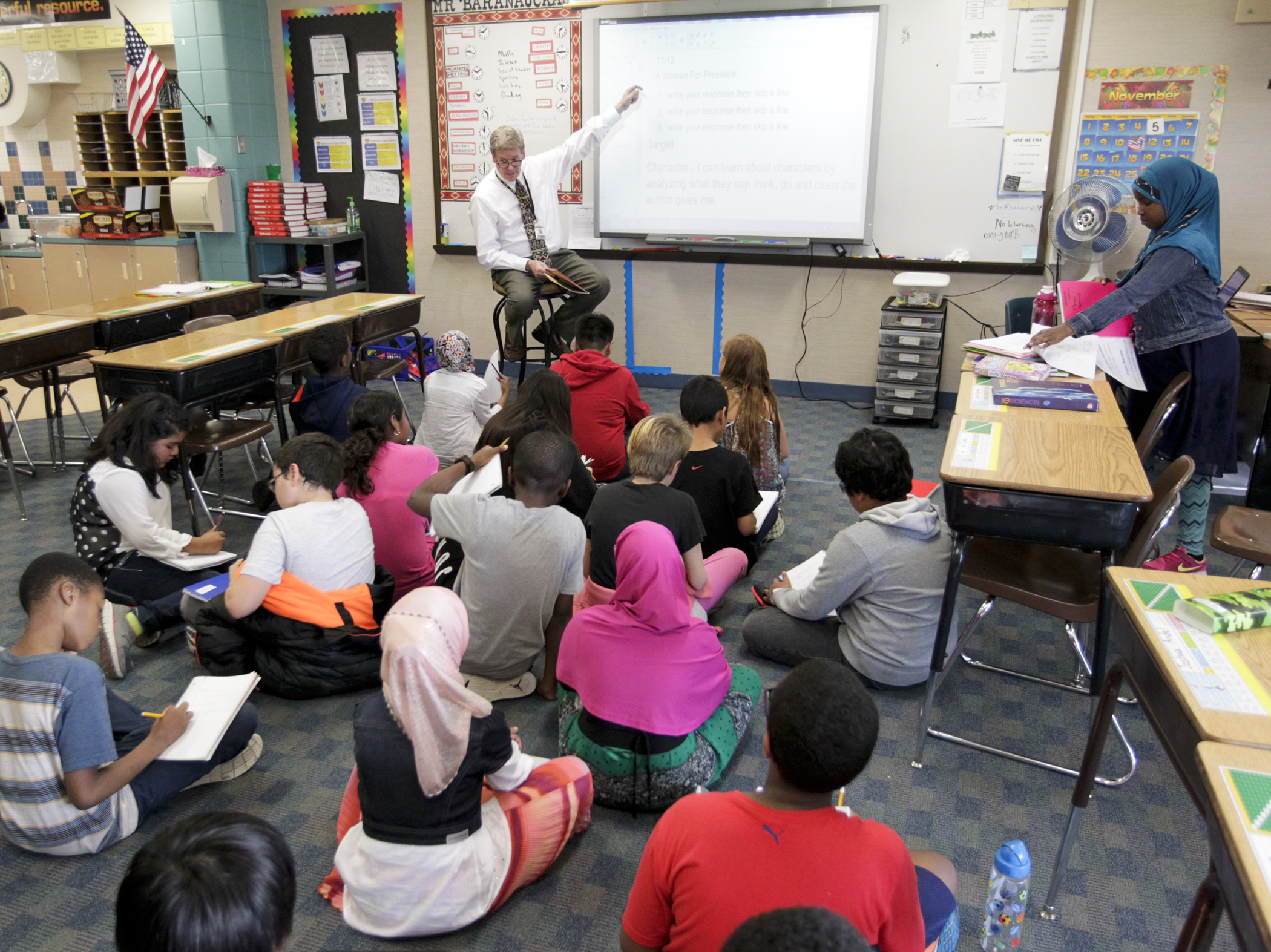Committee reviews pared down version of the governor’s education policy proposal

The House Education Policy Committee took another look at Gov. Tim Walz’s education policy proposal, HF3186, as amended, during a remote meeting Tuesday.
Rep. Cheryl Youakim (DFL-Hopkins), the committee chair, sponsors the slimmed down bill. No action was taken, but Youakim expects the policies to be incorporated into the omnibus education policy bill. The companion, SF3393, awaits action by the Senate E-12 Finance and Policy Committee. Sen. Greg Clausen (DFL-Apple Valley) is the sponsor.
Recognizing that the COVID-19 outbreak, and ensuing distance-learning period, have dominated discussions lately, Education Commissioner Mary Cathryn Ricker emphasized that it is still critical to focus on other education-related issues that impact student success.
“We are aware that the current distance-learning format is shining a bright light on the disparities that exist in our education system for students of color, our Indigenous students, our students with disabilities and our students living in poverty,” she said. “We believe these proposals will help mitigate these disparities.”
However, Rep. Sondra Erickson (R-Princeton) cautioned against shifting focus away from the impacts that distance learning will have on students.
“I am surprised that you have consented to add so many new mandates when we’re at a time when the continuity of education should be primary,” she said.
Pupil withdrawal agreement
Since the committee held its first hearing on the bill in late February, several controversial provisions have been dropped, including proposed changes to the teacher licensure system. Additionally, much of the language regarding school disciplinary policies was removed.
“Our initial proposal was much more ambitious at an attempt at reforming a system that has produced shocking disparities and disproportionate amount of school time lost for the same group of students that we are trying to support to close the achievement gap,” Ricker said. “We have scaled back that proposal to focus on this one essential issue that we believe cannot wait.”
The remaining student discipline provisions would impact pupil withdrawal agreements. These are a verbal or written agreement between a student’s parent and school administrators that allows the student to leave that school to avoid expulsion or exclusion proceedings. Currently, the agreements are not part of a student’s formal record.
The proposal would require education records to include pupil withdrawal agreement information to transfer along with a student who switches schools. It would also require schools to report on pupil withdrawal agreements to the Department of Education.
This data would provide transparency around the usage of the agreements and would give policy makers and communities a better picture of how students exit districts and charters, and how best to help them going forward, Ricker said.
Roger Aronson, executive director of the Minnesota Elementary School Principals’ Association, raised concerns about the proposal indicating that, among other things, being able to avoid having that formal record can be a benefit to students.
Other notable policy provisions would:
- require schools that participate in the national school lunch program to adopt and post a meal policy, and provide meals in a respectful manner;
- add tribal nations to the list of entities that may receive certain private educational data on tribally enrolled or descendant students in order to support the students’ academic pursuits;
- protect American Indian students’ right to wear tribal regalia or objects of cultural significance, such as eagle feathers, at graduation ceremonies;
- set a statewide goal for increasing teachers of color and American Indian teachers by at least 2% per year;
- require the Education Department and the Professional Educator Licensing and Standards Board to jointly publish a report every other year that details progress on strategies the state has pursued and progress towards achieving the statewide goal;
- require teachers and principals to be evaluated on their cultural responsiveness as part of teacher development and evaluation and principal evaluation; and
- update several definitions, provide clarifying language and eliminate obsolete language.
The following are selected bills that have been incorporated in part or in whole into the bill:
Related Articles
Search Session Daily
Advanced Search OptionsPriority Dailies
Ways and Means Committee OKs proposed $512 million supplemental budget on party-line vote
By Mike Cook Meeting more needs or fiscal irresponsibility is one way to sum up the differences among the two parties on a supplemental spending package a year after a $72 billion state budg...
Meeting more needs or fiscal irresponsibility is one way to sum up the differences among the two parties on a supplemental spending package a year after a $72 billion state budg...
Minnesota’s projected budget surplus balloons to $3.7 billion, but fiscal pressure still looms
By Rob Hubbard Just as Minnesota has experienced a warmer winter than usual, so has the state’s budget outlook warmed over the past few months.
On Thursday, Minnesota Management and Budget...
Just as Minnesota has experienced a warmer winter than usual, so has the state’s budget outlook warmed over the past few months.
On Thursday, Minnesota Management and Budget...